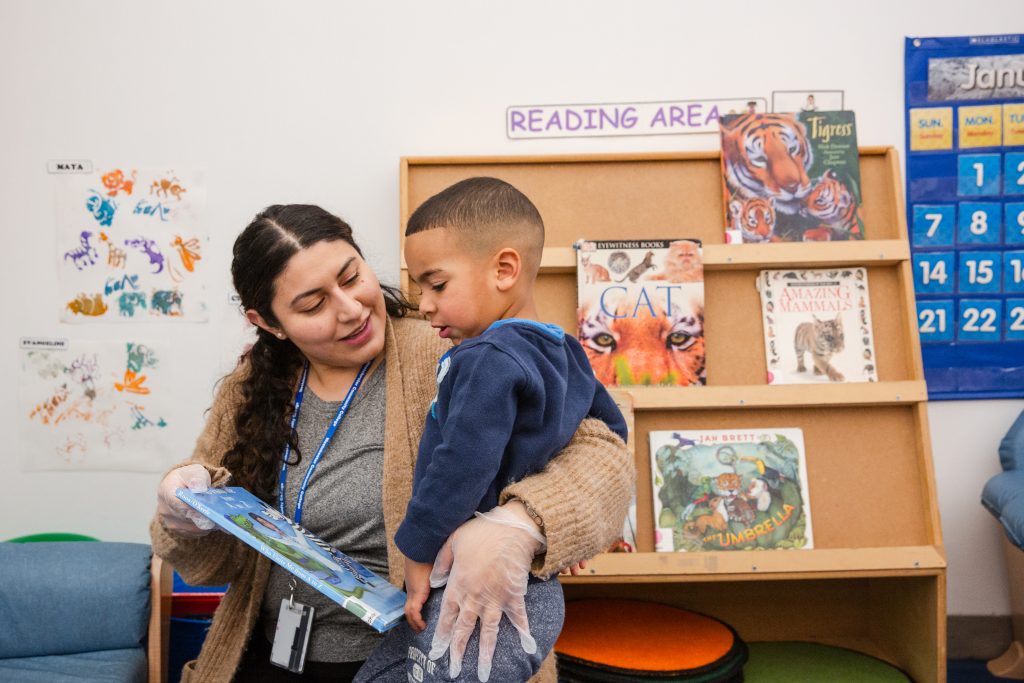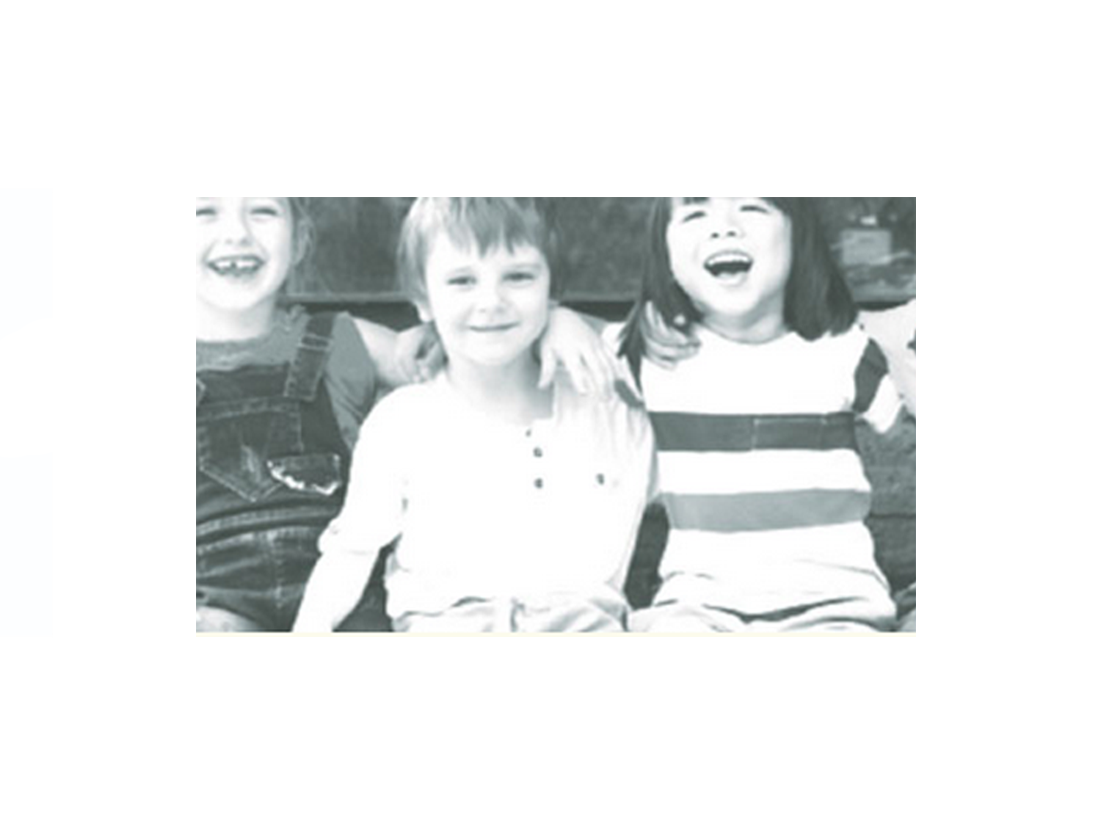How can early childhood leaders create a culture of inclusion for all learners? That was the question panelists considered at the New York City Early Childhood Leadership Initiative’s “Leading Learning Spaces for All Learners” discussion on Jan. 24, which brought together special educators, program directors and early childhood leaders for an insightful discussion about how to meet the learning needs of all children.
Here are three themes that emerged during the conversation.
Engage families in the process.
“So much of creating an inclusive environment in a classroom is about bringing the home into the school and what is done in the school back into the home so it can work in sync,” said Melinda Burke, a family educator at INCLUDEnyc, which partners with the families of children with disabilities. “We tend to think of families as receivers of information from the school. But families can also provide tremendous information to the school, and they can also be initiators — they can say, ‘This is a thing I’ve noticed; can we work on this together?’ Bringing in families to form a close partnership with the school really develops an inclusive environment.”
Michelle Boyd, a Special Education Itinerant Teacher (SEIT) supervisor, stressed the importance of “making sure everyone has a voice: the child, the family, the administrators, the teachers, the therapists — really putting our heads together to see how we’re going to support the children.”
Create a trusted space for teachers.
Moderator Jennifer Geskie, a professor of early childhood special education, invited panelists to think about how to support teachers in navigating the evaluation process for children with learning differences.
“One way I’m able to support my teachers is by encouraging them to use data in their weekly team meetings to facilitate weekly data talks,” said Delilah Worrell, the director of an early learning center in the Bronx. “What that looks like is using our screening results and our observations to measure students’ progress and answer specific open-ended questions about children’s development. My teachers have found they were able to inform their practice moving forward and then identify what the family needed in order to support that child’s development.”
Early childhood coach Desiree Toldo recalled that when she was a teacher, her director’s practice of noticing and highlighting her successful strategies had a major impact on her — leading her to schedule time on her calendar to do the same as a coach.
“The more intentional we are with our colleagues to point out the things they’re doing to be more inclusive and diversify learning in their classrooms, the more likely they are to build their confidence and their competence,” she said.
Keep children’s needs at the forefront.
Maritza Rodriguez, a program director in Brooklyn, shared the response she always gives to teachers who are feeling frustrated or overwhelmed: “What’s most important is meeting the child’s needs.” She also reminded directors to be actively engaged in this work: “As leaders, it goes beyond just saying what’s developmentally appropriate to teachers; we have to help them see how it’s applied. We encourage, we remind and we model.”
“We have to teach our staff to be aware of their assumptions in explaining the reason for a child’s behavior,” said Worrell. “Learn your students and your families so you can see that bigger picture. Use all sources of information to inform your practice and be intentional about how you teach them.”
The panel closed with an important reminder for early childhood leaders: “Sometimes as leaders we feel like we need to have all the answers,” said Geskie, “but sometimes not having the answer and taking the time to ask the right questions can be so powerful.”
The Early Childhood Leadership Initiative hosts book groups, networking meetings and other events for members. Become a member to learn about and participate in future events!

